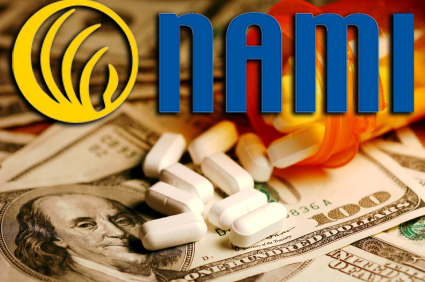by Ralph Nadar
One of the worst violations involves companies promoting unproven, often dangerous uses for their medicines. Last year, Pfizer paid $1.2 billion for illegal off-label promotion -the largest criminal fine in U.S.history. Other major corporate violators were GlaxoSmithKline, Eli Lilly, Schering-Plough, Bristol-Myers Squibb, AstraZeneca, TAP Pharmaceutical, Merck, Serono, Purdue, Allergan, Novartis, Cephalon, Johnson & Johnson, Forest Laboratories, Sanofi-aventis, Bayer, Mylan, Teva and King Pharmaceuticals.
The violations by these and other drug companies point to the wide range of impacts, including taking many lives of patients, which stems from these recurrent activities. These criminal or civil illegalities cover (1) overcharging government health programs, (2) unlawful promotion, (3) monopoly practices, (4) kickbacks, (5) concealing study findings, (6) poor manufacturing practices, (7) environmental violations, (8) financial violations and (9) illegal distribution.



